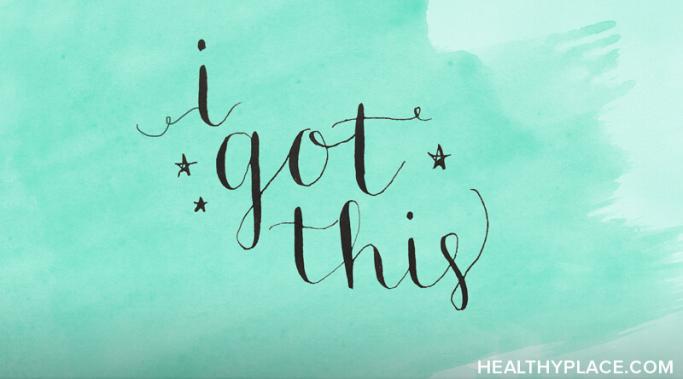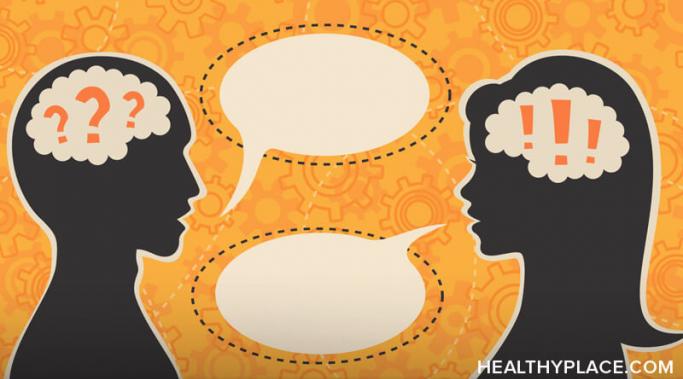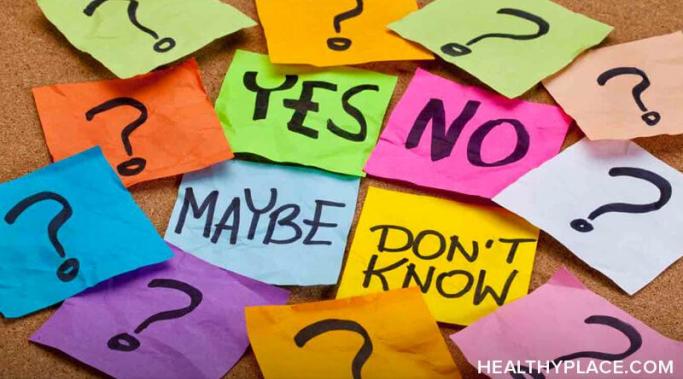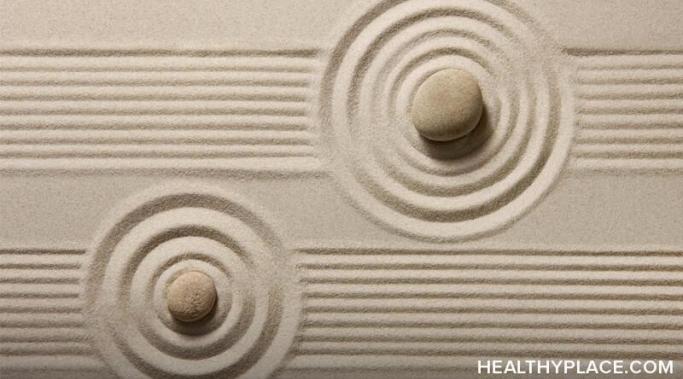New experiences can bolster self-esteem. I learned this first-hand this week when I received training on new technology for managing my type 1 diabetes. As exciting as it is to be on the cutting edge, my ancient VCR is still unconnected since my recent move because I can't figure out how to attach it to my new cable box. New technology is challenging for me and I was nervous about going in for my training. I am still a bit anxious today as I continue to learn on the job, so to speak, but every day I see tiny little improvements in my diabetes control, and it keeps me motivated. This new experience is strengthening my self-esteem, bit by bit.
Happiness and Self-Fulfillment
Are there any activities to build self-esteem? Yes, there are. In fact, the most common question I get asked about building self-esteem is where to start. Often, we can clearly picture the version of ourselves we desire to embody, yet we struggle to take the first few steps towards it. Self-esteem starts to feel like a massive undertaking, something we can see in the distance but never gets any closer. To help, here are a few fresh new activities to build self-esteem that have worked for several of my clients.
Does seeing a therapist increase self-esteem and the self-esteem building process? While our society is working hard to de-stigmatize the belief that therapy exists only for people in crisis or with chronic mental illness, we still tend to think of therapy as something to help us move from bad to neutral, instead of from neutral to good. Yet therapists are trained to understand how the mind can build confidence and create sustainable change. As you consider adding therapy to your self-esteem journey, read on to learn three ways that therapy can help increase self-esteem.
While we would all love to build our self-esteem as quickly and effectively as we can, sometimes the process feels daunting. When we get lost in the expectations of self-esteem and forget some of the realities that go along with it, we can feel lost. Here are three things to remind yourself about building self-esteem.
Finding self-love after a traumatic suicide attempt seems like a daunting task. After all, of the many thoughts circling the brain after an event of intended suicide, very few of if any are positive. It's more common to feel fear, shame, and misery. And eventually the question will arise–can I ever learn to love myself after the trauma of a suicide attempt? (Note: This post contains a trigger warning.)
What are the signs of self-esteem? What does it feel like to have healthy self-esteem? Is it unconditional adoration of yourself? Is it the confidence you can do anything? Is it the belief that you're beautiful, both inside and out? In an ideal world, we would feel all of these things. But realistically, our relationship with ourselves is complicated–we all have things we like and things we wish weren't a part of us. A completely positive self-view is overly idealistic and, frankly, inauthentic. So, if self-esteem isn't all sunshine and daisies, what is it? And how do we know if we have it--what are the signs of self-esteem?
In the perfect world, things would go according to plan. We would achieve our weight-loss goal and feel amazing, fall in love and create the perfect relationship together, or start meditating and discover inner peace. But life is not linear–sometimes the steps we think will take us forward actually shift us to the side, or even backwards. This can happen with self-esteem. Though we achieve one of our goals, our self-confidence takes a sudden dip. Why does this happen? And what can we do to recalibrate?
Baby steps are a great way to build self-esteem. It's kind of like climbing a mountain: From the distance, we see a simple shape. It looks easy enough to climb if we just start walking uphill. Yet the closer we get, the more we realize that what looked like a basic silhouette is actually filled with valleys, cliffs, detours, and falling rocks. Suddenly, we start to question ourselves. Where do we start? How much energy will it take? What happens if we get turned around? This is when we can turn to baby steps to build self-esteem. When we measure our progress in smaller increments, we have more opportunities to reflect on our progress and make sure we are headed in the right direction.
Mindfulness affects your self-esteem, and often, when we think about mindfulness, many of us picture a happy person meditating peacefully while the sounds of "ohm" echo in the background. Without our realizing it, this picture incepts a formula into our subconscious: mindfulness plus quiet serenity equals self-love. Yet for many of us, quiet serenity is not something easily check off on our to-do list–our days are filled with busy streets and office chairs, not Zen gardens and floor cushions. Does this mean self-love is unachievable? Not at all. Even when serenity is unavailable, one powerful tool we can use towards building self-esteem is mindfulness.
Bad habits--they're pesky little things, aren't they? I imagine just reading the phrase makes you picture one of yours. Maybe your bad habit is biting your nails, or not responding to texts, or leaving the dishes in the sink. It's the thing you do that deep down, you know you don't like. But sometimes our bad habits aren't just small annoyances. Sometimes they burrow into our identity and affect our ability to build self-esteem. When bad habits affect self-esteem, what do we do?









